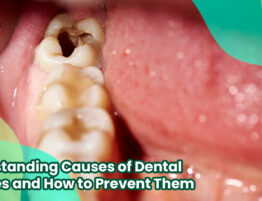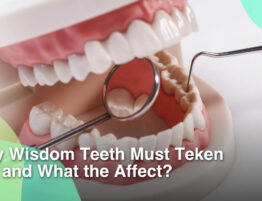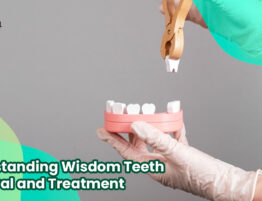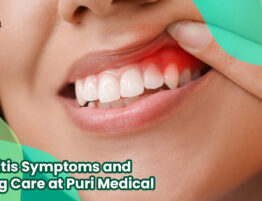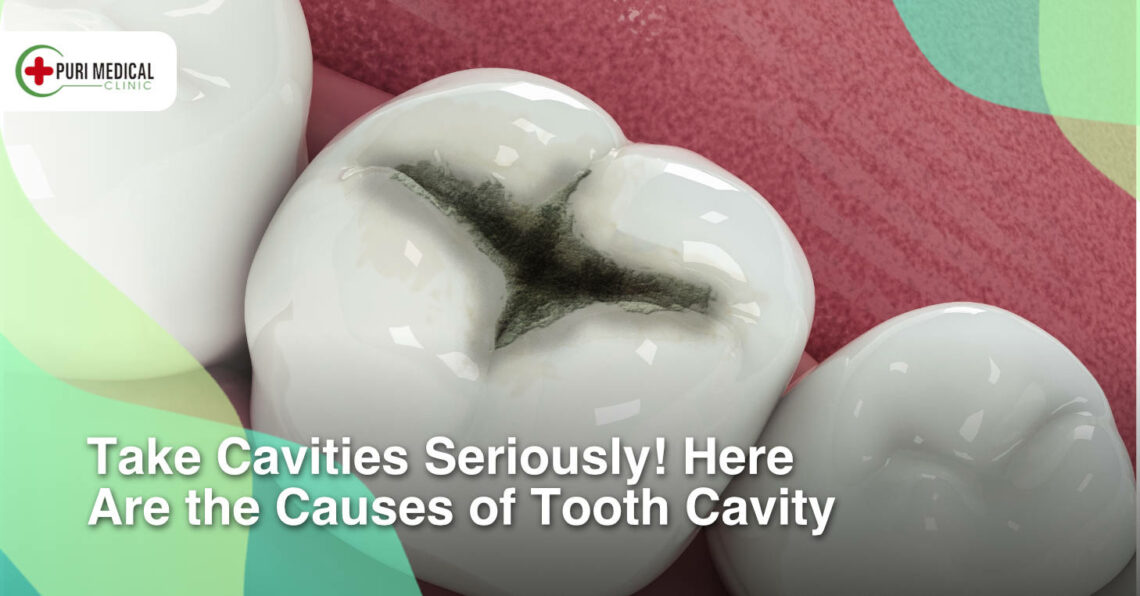
Tooth cavity, also known as dental caries or decay, are a prevalent oral health issue affecting people of all ages worldwide. This article aims to provide a comprehensive overview of tooth cavities, covering their causes, risk factors, symptoms, complications, treatment options, preventive measures, and when to seek professional dental care.
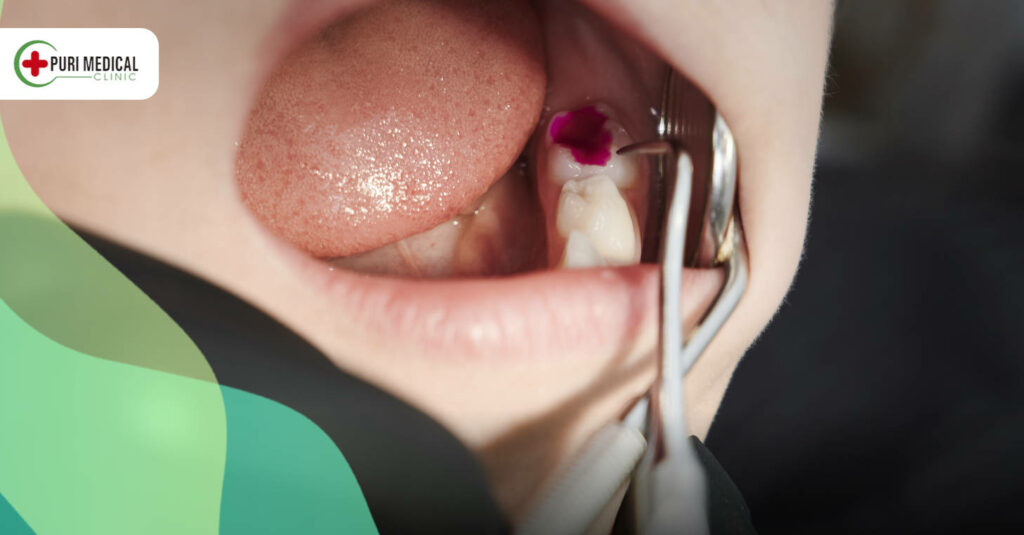
Causes of Tooth Cavity
Tooth cavity develop when plaque, a sticky film of bacteria, accumulates on the surface of teeth. The bacteria in plaque produce acids that gradually erode the protective enamel layer of the teeth, leading to the formation of cavities. Poor oral hygiene, frequent consumption of sugary or acidic foods and beverages, and inadequate fluoride intake contribute to the development of cavities.
Risk Factors for Tooth Cavity
Several factors increase the risk of developing tooth cavities, including:
- Poor Oral Hygiene: Inadequate brushing and flossing allow plaque to build up on teeth, increasing the likelihood of cavities.
- Dietary Habits: Regular consumption of sugary snacks, sodas, and acidic foods can accelerate tooth decay.
- Dry Mouth: Reduced saliva production can impair the mouth’s natural ability to neutralize acids and remineralize enamel.
- Poorly Positioned Teeth: Crowded or misaligned teeth may be harder to clean effectively, making them more susceptible to cavities.
- Medical Conditions: Certain medical conditions, such as diabetes and eating disorders, can increase the risk of tooth decay.
Symptoms of Tooth Cavity
Common signs and symptoms of tooth cavities include:
- Toothache: Persistent or intermittent pain in the affected tooth, particularly while eating or drinking.
- Sensitivity: Increased sensitivity to hot, cold, sweet, or acidic stimuli.
- Visible Holes or Pits: Cavities may appear as visible holes, pits, or dark spots on the surface of the teeth.
- Tooth Discoloration: Discoloration or staining of the affected tooth, indicating enamel erosion.
- Bad Breath: Persistent bad breath or an unpleasant taste in the mouth may indicate the presence of decay.
Complications of Tooth Cavities
If left untreated, tooth cavities can lead to various complications, including:
- Tooth Abscess: Prolonged decay can penetrate the inner layers of the tooth, leading to the formation of a painful abscess.
- Gum Disease: Bacterial infection from cavities can spread to the gums, causing inflammation and periodontal disease.
- Tooth Loss: Severe decay can weaken the tooth structure to the point of irreversible damage, necessitating extraction or other restorative procedures.
Read more article Proven Dental Hygiene Tips for A Confident Smile
Treatment Options for Tooth Cavities
The treatment of tooth cavities depends on the extent of the decay and may include:
- Dental Fillings: Filling materials, such as amalgam or composite resin, are used to restore the damaged portion of the tooth.
- Dental Crowns: For extensive decay or weakened teeth, a dental crown may be placed to provide strength and protection.
- Root Canal Therapy: In cases of deep decay or infection, root canal treatment may be necessary to remove diseased tissue and save the tooth.
- Tooth Extraction: If the decay is too severe to be repaired, the affected tooth may need to be extracted to prevent further complications.
Read more article Understanding Wisdom Teeth Removal
Preventive Measures for Tooth Cavities
To reduce the risk of developing tooth cavities, individuals should adopt the following preventive measures:
- Maintain Good Oral Hygiene: Brush teeth twice daily with fluoride toothpaste and floss regularly to remove plaque and food debris.
- Limit Sugary and Acidic Foods: Reduce consumption of sugary snacks, candies, sodas, and acidic beverages to minimize acid exposure.
- Drink Plenty of Water: Stay hydrated and promote saliva production to help rinse away food particles and neutralize acids.
- Visit the Dentist Regularly: Schedule routine dental check-ups and cleanings to detect cavities early and prevent progression.
- Use Fluoride Products: Use fluoride toothpaste, mouthwash, and dental treatments to strengthen enamel and prevent decay.
When to Seek Professional Dental Care
If you experience any symptoms of tooth cavities, such as toothache, sensitivity, or visible decay, it is essential to seek prompt dental care. Early intervention can prevent the progression of decay and preserve tooth structure.
Get Your Dental Health Checked at Puri Medical!
Tooth cavities are a common yet preventable oral health issue that can lead to significant discomfort and complications if left untreated. By practicing good oral hygiene, adopting a healthy diet, and seeking regular dental care, individuals can effectively prevent cavities and maintain optimal oral health. Remember, if you encounter any dental problems or suspect cavities, don’t hesitate to contact Puri Medical for professional evaluation and treatment.


